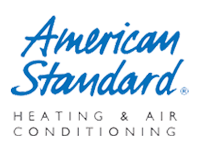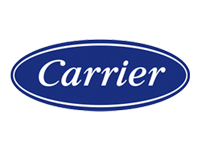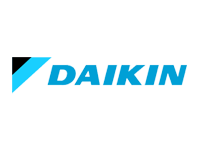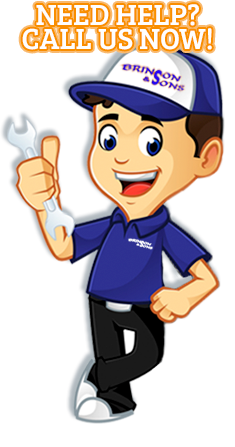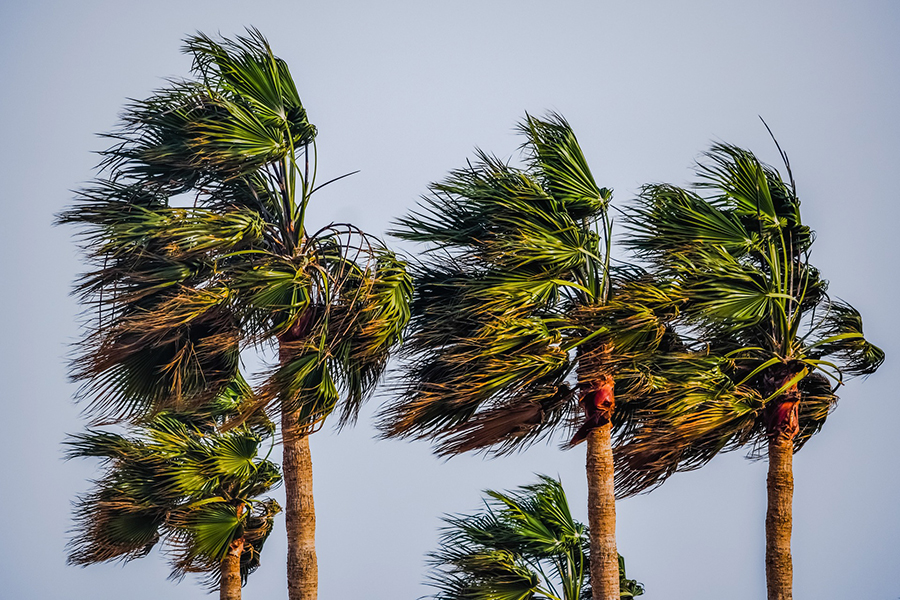

Tips to Protect your Air Conditioner During a Hurricane
You have extra batteries, flashlights, plenty of water, food and of course a stockpile of toilet paper. When taking precautions to secure your home during an impending hurricane, your air conditioning unit may not be top of mind. Be sure to add these proactive steps to your pre-hurricane to-do list to ensure your unit remains protected and usable after the storm passes.
Turn off your air conditioner
It’s okay to leave your air conditioner on as long as possible and you may even want to turn it down to cool your home to sustain your family’s comfort during a power outage. However, once the lightning and high winds begin in earnest, it’s a good idea to turn off your HVAC unit to avoid electrical problems which may arise from tripped breakers, nearby lightning strikes or even power-grid transformer malfunctions. Just like your refrigerator, once the power is off, you’ll want to keep the cool air inside as long as possible. Avoid opening doors and windows to keep the cool, dehumidified air in and the humid, warmer air out.
Disconnect power at the breaker box
It’s a smart idea to turn off the power to your AC unit from the source—at the breaker box—to avoid damage from constant power interruptions and surges. Disconnecting power at the breaker box adds an extra layer of security as opposed to just turning the system off at the thermostat. Lightning and wind can contribute to power fluctuations during a hurricane which can be damaging to your cooling system as well as other electronics throughout your home.
Tarp or cover the unit if possible
To avoid debris puncturing the system or damaging its delicate parts, it’s a good idea to cover the unit in advance of the storm. Especially if evacuation orders are in place. As you’re boarding up windows and doors, take time to tarp or cover your air conditioning unit as well. Only cover the unit once it’s been turned off. Do not cover a running system.
Visually inspect the unit after the storm
Before turning the air conditioning back on, if it’s safe to do so, inspect the system. Make sure nothing is blocking the fan blades. Ensure nothing has punctured the unit or damaged the coils. If you are unsure, or if you see possible damage, contact our HVAC professionals for a system evaluation.
Can the HVAC unit run off a generator?
It is possible, but wattage needs vary depending on the size of the system. A 10,000 watt or larger generator may generate enough power to run your system, but larger units require larger generators. Consult an air conditioning electrician for more information.
With these and any other hurricane tips, always keep safety top of mind. Do not go outside during a storm, do not touch or try to repair downed power lines or cross flooded streets. Keep your cell phones charged and a weather radio on hand for important safety updates. Once the storm has passed contact Brinson and Sons for an air conditioning inspection to ensure the longevity and safety of your entire heating and air system.
CALL US! (910) 763-3550 OR VISIT OUR WEBSITE TODAY!
